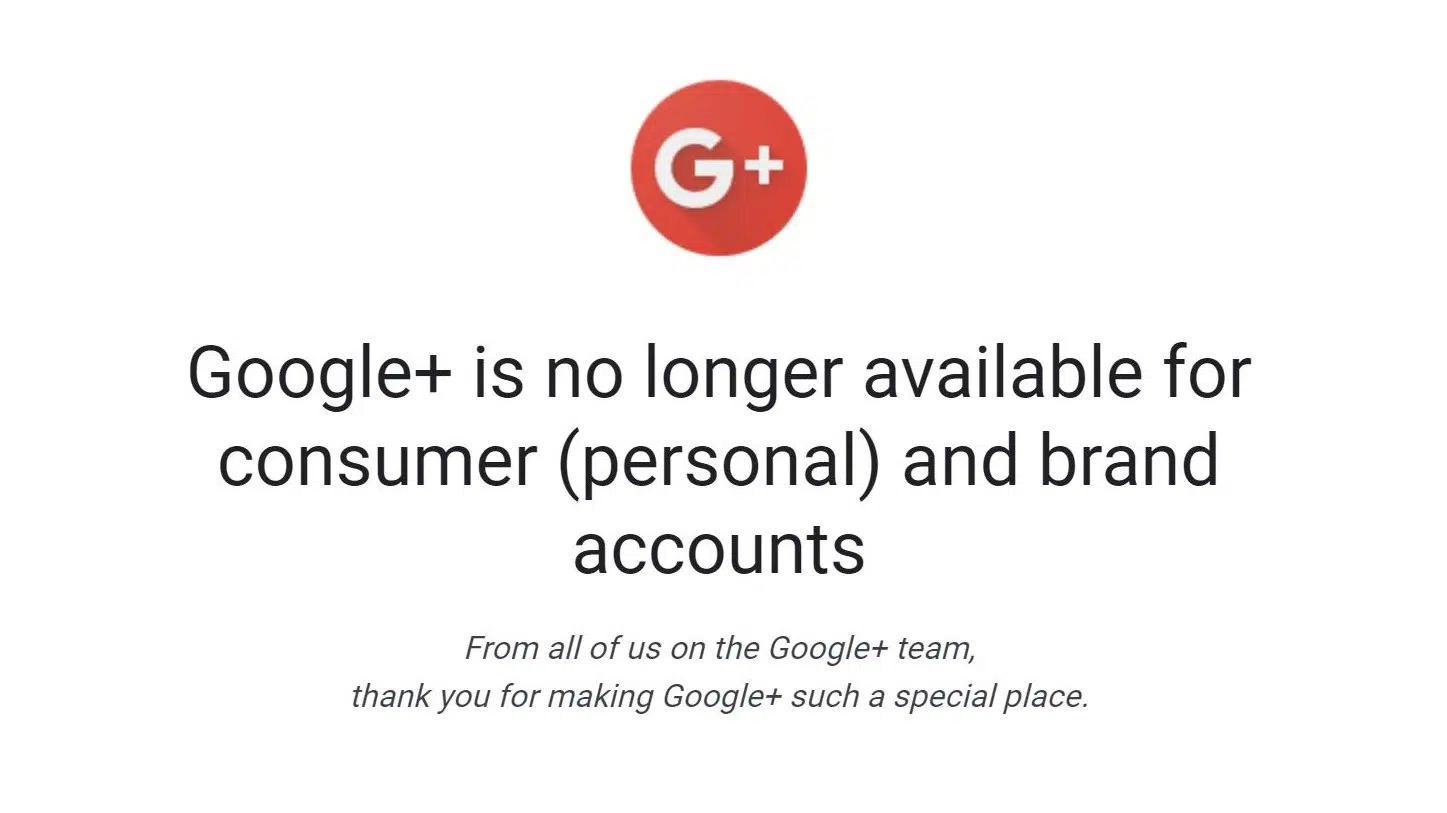Never has a social media platform experienced such a meteoric rise and fall as Google+. The company’s answer to Facebook, Google+ was supposed to be the next big thing. But after years of languishing in obscurity, Google+ was finally shut down for good in 2019.
Here are the reasons why it failed:
1) Lack of users
Google+ simply never caught on with users the way Facebook did. While Facebook had over 2 billion active users, Google+ peaked at just 500 million. This can be largely attributed to the fact that Google+ was geared towards businesses rather than individual users.
2) Limited features
Google+ lacked many of the features that made Facebook so popular, such as groups, events, and pages. This made it difficult for users to find content they were interested in and made the platform less appealing overall.
3) Privacy concerns
Google+ was plagued by privacy concerns right from the start. The platform required users to share their real names, which made it easy for companies to track people’s activities online. This led to a lot of negative publicity for Google+, which further contributed to its downfall.
In the end, Google+ was simply unable to compete with Facebook and other social media platforms. While it had some unique features, these weren’t enough to make it popular among users. And with its privacy concerns and lack of users, Google+ was doomed from the start.
So what does this mean for Google? Well, it looks like the company is finally ready to admit defeat and move on from Google+. In the coming years, we can expect to see more changes from Google as it tries to keep up with the ever-changing world of social media.
Thanks for reading!
More details about Google+ shutting down can be found on Google’s Official Support page here.

